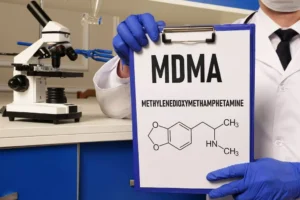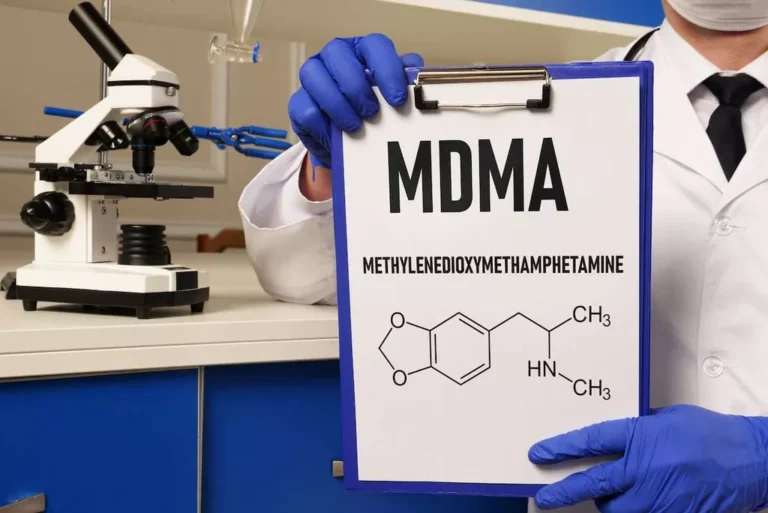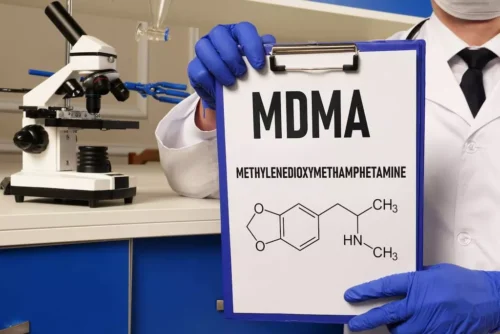
We’ve all heard the buzz about alcohol thinning your blood, but let’s dive into the nitty-gritty and find out if there’s any truth to it. Your metabolism, weight, and even what you ate that day all matter when it comes to the effects of alcohol and how long the effects will last. Heavy drinkers may have a higher tolerance before getting drunk, but that doesn’t mean they feel alcohol’s blood-thinning effects any less. Let’s take a closer look at alcohol’s effects on your blood and whether wine’s potential benefits outweigh the known risks. And if you have an underlying health condition such as diabetes or kidney disease, ask your doctor whether it’s safe for you to drink at all.
Researchers
A person needs to speak with a doctor about taking blood thinners safely. This article explores how alcohol affects the ability of the blood to clot. Finally, it answers some common questions about alcohol and blood thinning.
- The effects of alcohol consumption on the blood are either short-term or long-term.
- Ultimately, the AHA specifically does not recommend drinking wine — or any other type of alcohol — when in search of health benefits.
- Alcohol can interfere with the absorption and metabolism of some medications, including blood thinners.
- Long-term alcohol use also can lead to an increased risk of developing arrhythmias, which are irregular heartbeats, as well as cardiomyopathy, a stretching or drooping of the heart.
- A person who is uncertain whether they can drink alcohol while taking blood thinners should speak with a doctor.
- Antioxidants in red wine called polyphenols may help protect the lining of blood vessels in the heart.
Can people drink alcohol while taking blood thinners?

This type of blockage can lead to life-threatening conditions such as pulmonary embolism, stroke, or heart attack. Blood-clotting in the circulatory system is referred to as thrombosis. Long-term alcohol use also can lead to an increased risk of developing arrhythmias, which are irregular heartbeats, as well as cardiomyopathy, a stretching or drooping of the heart.

Causes & Risk Factors
Let your doctor know right away if you experience any signs of bleeding problems. You should also closely follow your doctor’s instructions for taking blood thinner medication. Blood thinners such as warfarin, rivaroxaban, or apixaban are frequently prescribed to reduce the risk of conditions such as stroke or heart attack. When alcohol is added to the mix, the anticoagulant effects are heightened, potentially leading to excessive bleeding. It is critical to strike a balance that reduces risks while also promoting overall well-being.

Alcohol consumption can lead to severe complications both during and after surgery. It can result in a longer hospital stay and an extended recovery time. If you’re concerned about how alcohol may impact your health and wondering, “Does alcohol thin your blood?” at Bayview Recovery, we offer accessible support.
How much alcohol does it take to thin your blood?
However, it is always advisable to consult a doctor or pharmacist before drinking alcohol with any new medication. But there might be other reasons for the lower risk of heart disease in people who drink red wine in moderation. For instance, they might eat does wine thin blood a healthier diet and be more active than those who don’t drink red wine. And they might have higher incomes and better access to health care as well. Some research shows that resveratrol could be linked to a lower risk of swelling and irritation, called inflammation, and blood clotting. People taking blood thinners are cautioned against drinking alcohol, but research has found that it is generally safe when done so infrequently and in moderation.
- Ask your doctor if it’s safe for you to drink alcohol while taking blood thinners.
- Both alcohol and blood thinners like warfarin (Coumadin) thin your blood.
- This process makes the platelets less sticky and less likely to form blood clots.
- Alcohol is known to have blood-thinning effects, and combining it with medications that also thin the blood, such as anticoagulants, can increase the risk of bleeding complications.
- Additionally, the authors discussed older studies that suggested binge drinking can cause temporary increases in blood pressure.
You may also find that you Sober living house bruise more easily, feel more tired than usual, and suffer from more nosebleeds. Drinking more than 3 drinks at a time may also raise blood-pressure and lead to a short-term boost in cortisol production. Cortisol is the stress hormone responsible for your fight-or-flight response.
- Long-term heavy drinking is linked to an elevated risk of several cancers, including liver, breast, esophagus, and mouth cancers.
- For moderate drinkers, the blood-thinning effects of alcohol are short-lived.
- A polyphenol called resveratrol is one part of red wine that’s gotten noticed for being healthy.
- This can lead to the same harmful effect of excessive anticoagulation.
- For example, people with liver problems may need to limit their alcohol use more strictly.
Can alcohol cause blood clots?
In addition, he regularly participates in all-staff debriefing sessions involving peers, nurses, and other prescribers. He also reviews and advises on policies, procedures, and techniques for treating substance use disorder. Excessive alcohol consumption can contribute to strained relationships with family and friends.